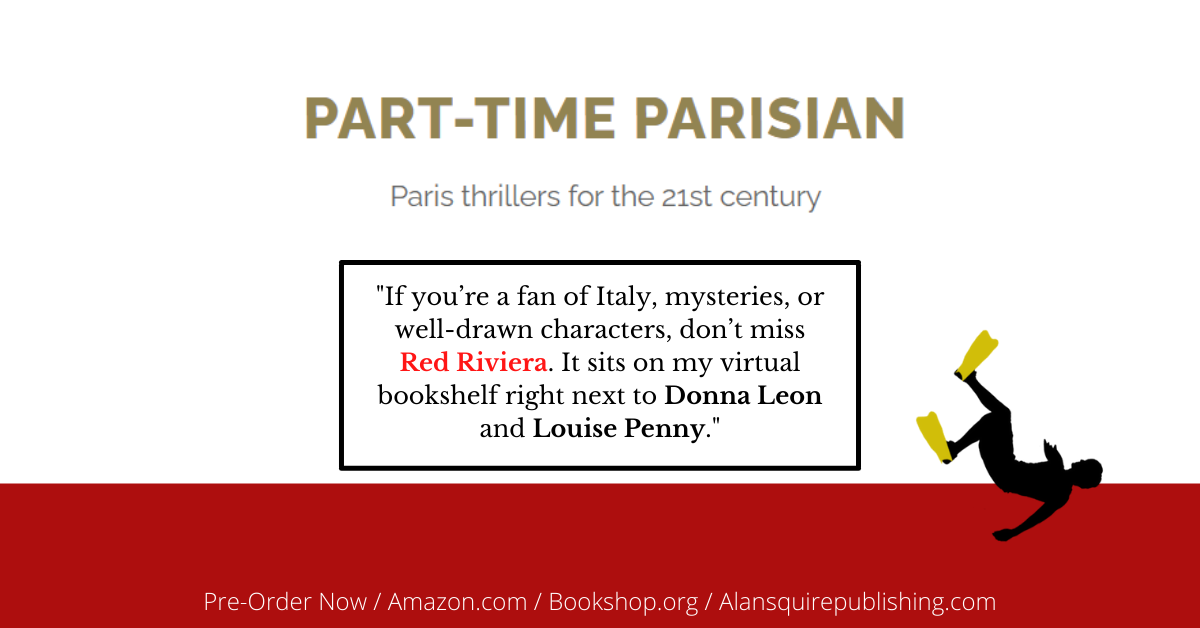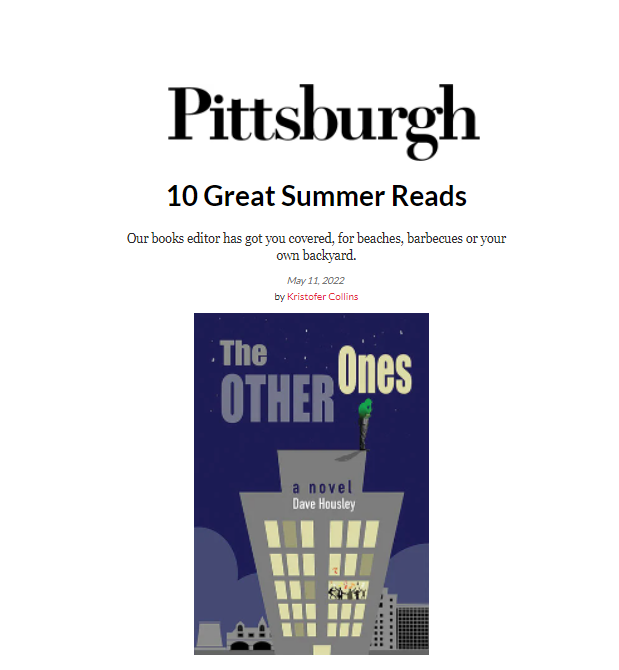“Do not miss Red Riviera” New Review Praises David Downie’s Latest
The Part-Time Parisian's new review of Red Riviera praises the tactfully drawn history and landscape of Italy's coast in Downie's new thriller.

David Downie made his career as a travel writer, penning famous and popular guides to European cities like Paris and Amsterdam. Not only is he obsessed with traveling, but like any writer he is as much a researcher as a chronicler. For this reason, the Italian Riviera (his current home), feels unique and alive in Red Riviera. In their review of the new thriller, The Part-Time Parisian delves into the unique history of the Italian coast that works under the hood to help make the novel a compelling read.
Excerpts Below. Read the whole review Here. And buy the book Here.
"Like the best of mysteries, Red Riviera has deep roots in the tumultuous past, World War II.
The war was not kind to Italy, which had fallen under the spell of a bombastic leader...
Some of the people and much of the philosophy lived on. This book is the story of a talented police commissioner from Genoa, a woman rising toward the pinnacle of the police establishment at the same time she fears approaching spinsterhood, and her efforts to learn why a retired American spy, a native of Genoa, disappeared at the same time Canadair water bombers were trying to extinguish fires in the forests and brush overlooking the Ligurian Coast.
That’s not the only problem she has. HER vice questor is a couple of notches more diabolical than the one Guido Brunetti must deal with in Venice and he’s not convinced modern Italy is ready for democracy."
Elizabeth Hazen Essay Lands in Coachella Review
” The future brims with uncertainty and violence and harsh colors; it is no surprise that we prefer looking back,” writes Elizabeth Hazen in her new essay that contends with a societal and personal obsession with nostalgia.
ASP Celebrates AAPI Month With Selections from the Work of Linda Watanabe McFerrin
ASP celebrates Asian American and Pacific Islander Heritage Month with works by Japanese-American poet and writer, Linda Watanabe McFerrin. The two poems and one essay below are featured in her Legacy Collection, Navigating the Divide.
THE OTHER ONES named “great summer read” by Pittsburgh Magazine
Pittsburgh Magazine includes Dave Housley’s new novel, The Other Ones, among it’s list of must have summer reads for 2022. Whether on the beach, exploring the Alleghanies, or just relaxing in the sun, The Other Ones is a page turner suitable for anyone averting themselves from clammy office life.


